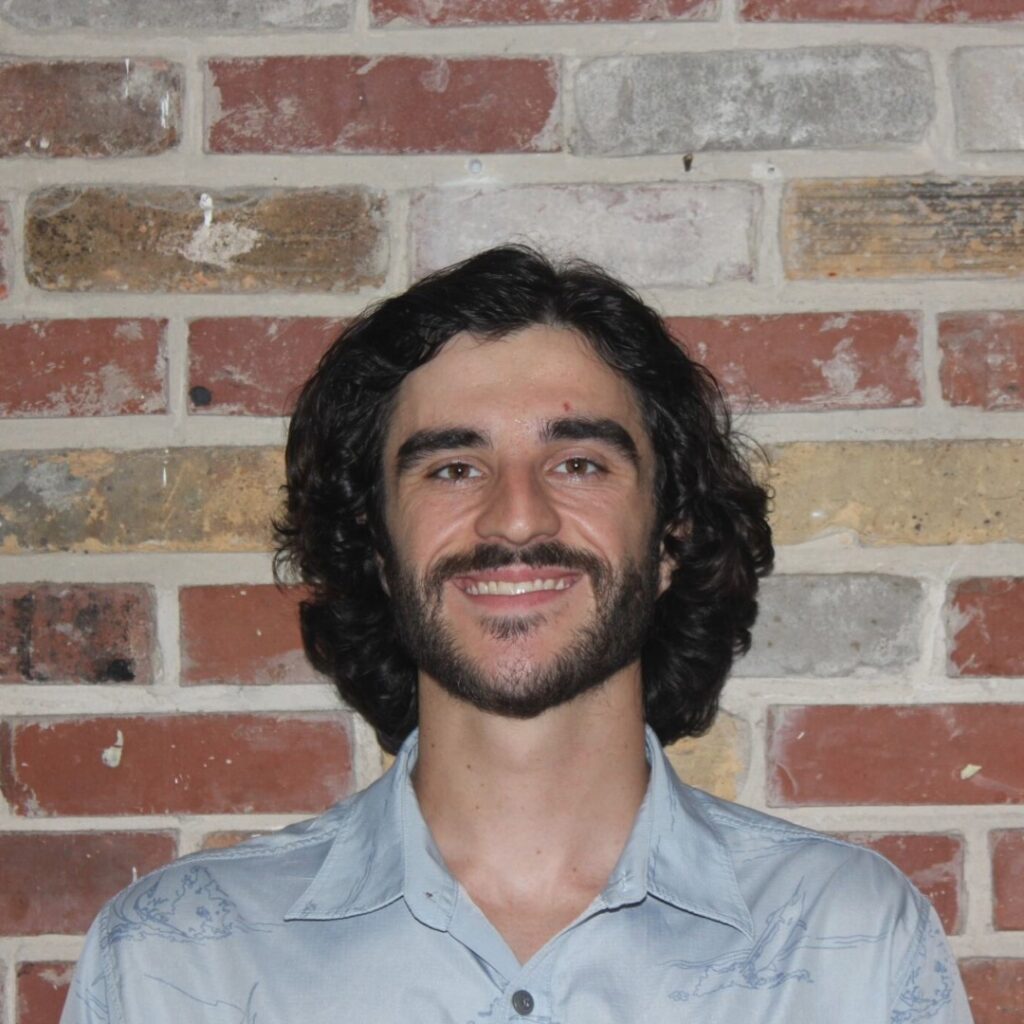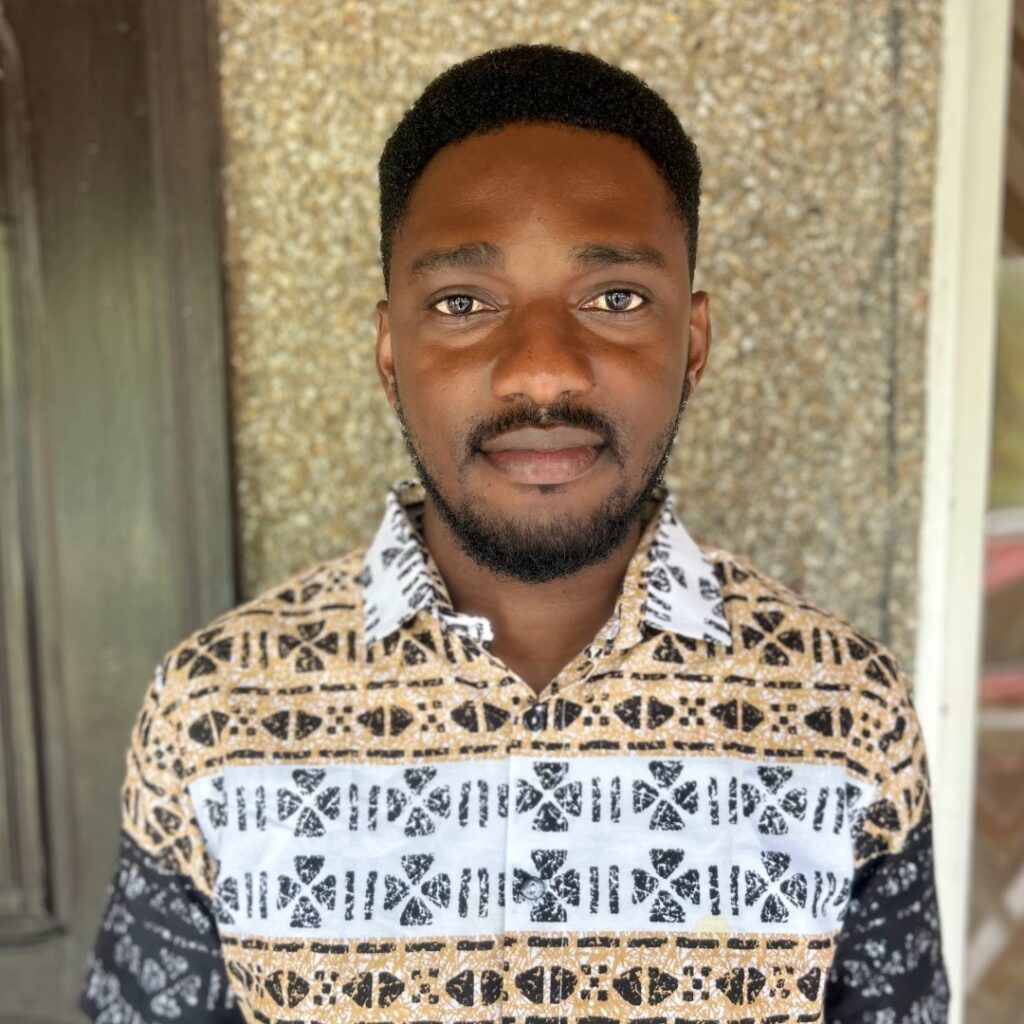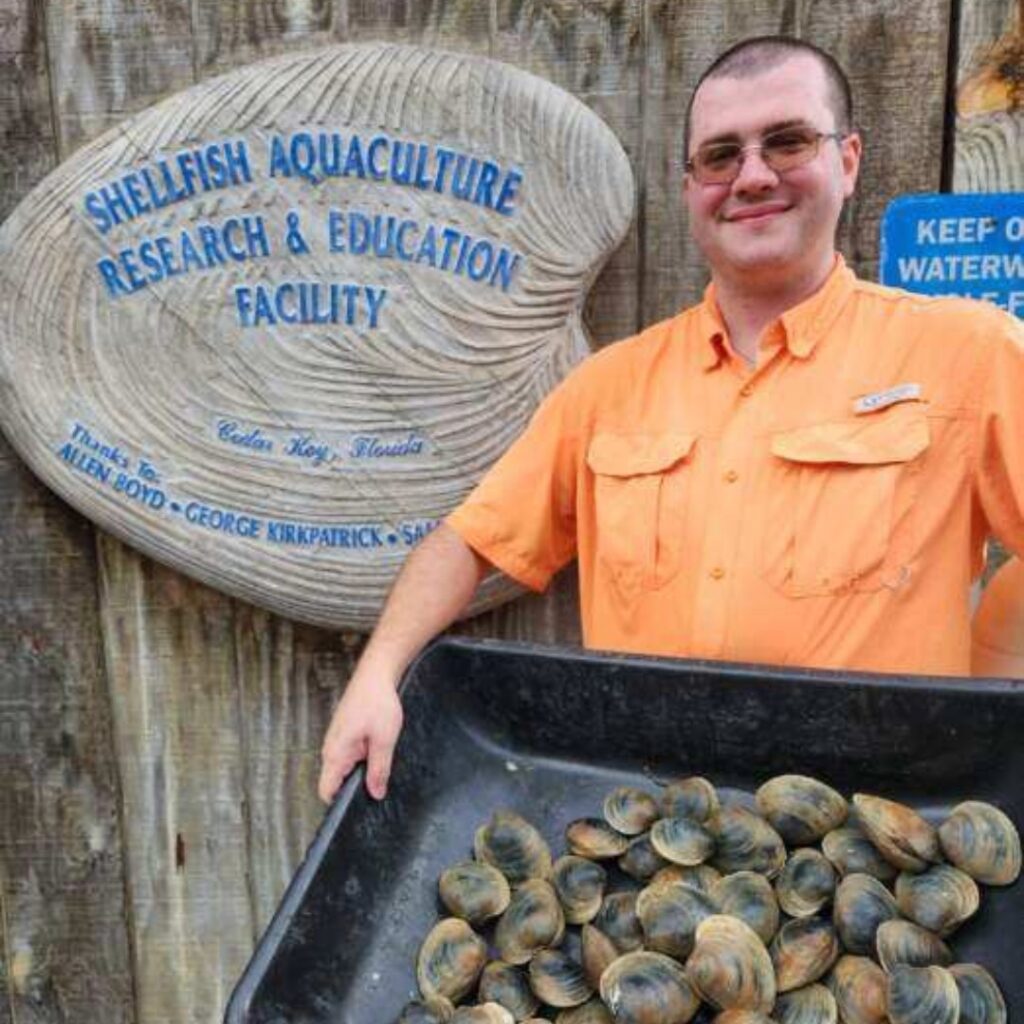Three students at Florida universities have been named recipients of scholarships from the Aylesworth Foundation for the Advancement of Marine Sciences.
The 2023 winners are Samuel Kwawukume, a master’s student at Florida State University, and two Ph.D. candidates from the University of Florida, Liam Kehoe and Paul McDonald.
The Aylesworth Foundation for the Advancement of Marine Sciences was established in 1984 by Ralph and Kitty Aylesworth, founders of Aylesworth’s Fish & Bait, Inc. – an international fishing bait distributor located in St. Petersburg, Florida. One of the foundation’s core principles is to promote the advancement of scientific knowledge in marine-related areas to develop, use and manage renewable marine resources on a long-term basis.
In a joint effort with the Aylesworth Foundation for the Advancement of Marine Sciences, the Southeastern Fisheries Association, and Florida Sea Grant, the scholarship supports university students engaged in research and academic disciplines that have direct application in ocean science, ranging from biology, engineering, and economics to food science, journalism, and education. The Aylesworth Scholars are funded until they have graduated and completed their respective degrees.
“The Aylesworth Foundation has not only funded impactful marine science but has supported some of the most successful scholars working in Florida today,” says Sherry Larkin, Florida Sea Grant Director. “These scholarships help provide needed resources to students that allow them to continue their studies and keep them working in the marine sciences, which helps support our mission.”
With their extensive knowledge and commitment to applicable research, Aylesworth Scholars confront current issues in the fishing, seafood, and marine industries. This year’s awarded research focuses on enhancing stock assessments for red snapper, developing authenticity tools for seafood species identification, and diversifying oyster production in aquaculture.
 Liam Kehoe is a Ph.D. student in the Fisheries and Aquatic Sciences Program at the University of Florida, immersed in the research between human systems and fisheries science.
Liam Kehoe is a Ph.D. student in the Fisheries and Aquatic Sciences Program at the University of Florida, immersed in the research between human systems and fisheries science.
“I am interested in expanding my knowledge in population dynamics, genetics, human dimensions, and quantitative fisheries science to understand better what drives these complex fisheries and how to manage them sustainably,” says Kehoe.
Kehoe’s master’s thesis was funded by Florida Sea Grant, focusing on improving the management and harvest strategies of Florida’s stone crab. As a graduate assistant at the Nature Coast Biological Station, he investigated the economic, fishery, and population dynamics of stone crabs in Florida.
Liam’s current Ph.D. dissertation aims to evaluate the utility of genetic-based tools and monitoring programs for the South Atlantic red snapper. These approaches, compared to conventional dart tags and lethal sampling techniques, can reduce the sources of bias and error and provide non-lethal alternatives to better inform stock assessments, while making data collection more efficient and cost-effective.
 Samuel Kwawukume is an international student from Ghana, pursuing his master’s in nutrition and food science at Florida State University, specializing in projects related to the improvements in seafood safety practices.
Samuel Kwawukume is an international student from Ghana, pursuing his master’s in nutrition and food science at Florida State University, specializing in projects related to the improvements in seafood safety practices.
“I am interested in the consistent production and delivery of safe and wholesome seafood to consumers, as well as the conversion of underutilized raw materials that have nutritional and functional properties to contribute to food security globally,” says Kwawukume.
Kwawukume’s current research activities focus on the development of rapid and field-deployable assays – a process of analyzing a substance to determine its composition or quality using molecular techniques.
He has successfully developed an assay for the Atlantic white shrimp and red snapper which are two economically important seafood species in the USA and Florida. These assays would benefit seafood processors, wholesalers, retailers, and regulatory agencies to rapidly authenticate seafood species and mitigate food fraud, mainly species substitution.
 Paul McDonald is a Ph.D. candidate in the Fisheries and Aquatic Sciences Program at the University of Florida, aiming to increase aquaculture production and quality.
Paul McDonald is a Ph.D. candidate in the Fisheries and Aquatic Sciences Program at the University of Florida, aiming to increase aquaculture production and quality.
McDonald has studied the relative fitness and breeding of wild and selected eastern oysters, Crassostrea virginica, under different conditions including heat and salinity, while mastering skills in oyster spawning, larval culture, and data analysis. This yielded three meeting presentations and one peer-reviewed journal publication (in submission).
For his Ph.D. research, McDonald will focus on the development of different oyster strains to support the booming oyster aquaculture industry in Florida and oyster natural resource management. This research project will involve oyster physiology, biology, genetics, data sciences, and mathematical modeling.
“While working on my Ph.D. I am hoping to expand my horizons and work with more than just eastern oysters. I would like to diversify into other species such as hard clams due to their economic importance. From there, I would like to continue my work into a post-doctoral study in molluscan aquaculture and genetics.”
To learn more about the Aylesworth Scholarship and other student opportunities offered by Florida Sea Grant, visit: https://www.flseagrant.org/student-opportunities/.